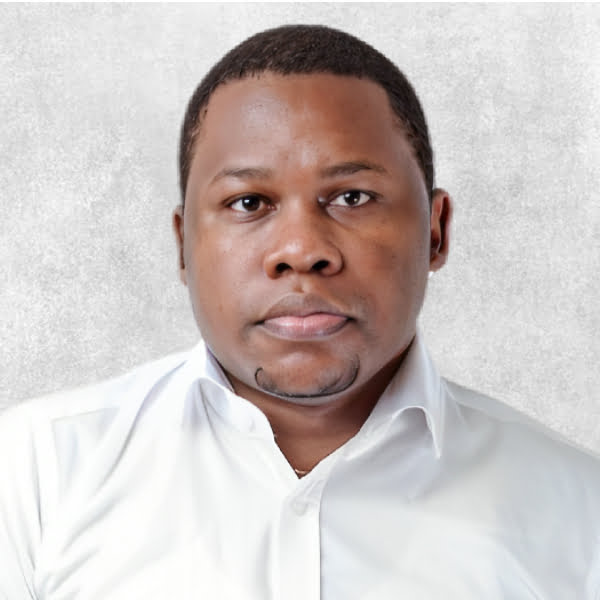Cameroon
- Our Team

Franck Dakayi
FDakayi@airlinepros.net
Franck Dakayi, Managing Partner at AirlinePros is a dynamic leader in the aviation and travel industry, known for his innovative approach, strategic thinking, and commitment to improving customer experiences. He began his journey in engineering, studying telecommunications at the Technical University of Dortmund, and started his professional career as a software testing and quality assurance engineer in Münster. There, he developed a strong foundation in technology, problem-solving, and operational excellence.
Driven by a vision to transform travel in Central and West Africa, Franck returned to Cameroon and founded EASE, an IATA-accredited travel agency. Under his leadership, EASE has leveraged technology, innovation, and exceptional customer service to make travel more accessible, assisting tens of thousands of travelers across the region.
Franck combines technical expertise with deep knowledge of the African travel market, enabling him to design effective strategies that drive growth, increase market share, and enhance customer loyalty. He builds strong relationships with key stakeholders while continuously adapting to the evolving needs of modern travelers. Today, Franck continues to lead EASE with a forward-thinking mindset, using technology and innovation to deliver outstanding travel solutions and sustainable growth for clients across the region.
Franck Dakayi
FDakayi@airlinepros.net

Franck Dakayi, Managing Partner at AirlinePros is a dynamic leader in the aviation and travel industry, known for his innovative approach, strategic thinking, and commitment to improving customer experiences. He began his journey in engineering, studying telecommunications at the Technical University of Dortmund, and started his professional career as a software testing and quality assurance engineer in Münster. There, he developed a strong foundation in technology, problem-solving, and operational excellence.
Driven by a vision to transform travel in Central and West Africa, Franck returned to Cameroon and founded EASE, an IATA-accredited travel agency. Under his leadership, EASE has leveraged technology, innovation, and exceptional customer service to make travel more accessible, assisting tens of thousands of travelers across the region.
Franck combines technical expertise with deep knowledge of the African travel market, enabling him to design effective strategies that drive growth, increase market share, and enhance customer loyalty. He builds strong relationships with key stakeholders while continuously adapting to the evolving needs of modern travelers. Today, Franck continues to lead EASE with a forward-thinking mindset, using technology and innovation to deliver outstanding travel solutions and sustainable growth for clients across the region.
